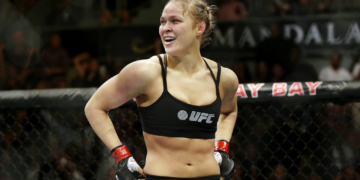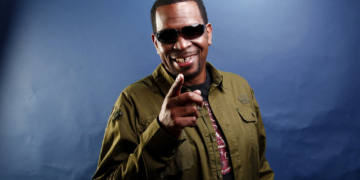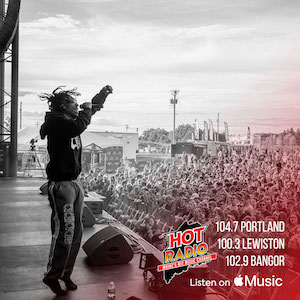
Could you kill the person sitting next to you? Physically, mentally, spiritually: Could you go through with it? And then, could you live with yourself?
I am safe and fortunate enough to have never truly, dreadfully contemplated such a question as an immediately practical concern; and so, I imagine, are most of our readers. I wish I could say the same for Kendrick Lamar, who, in his music, often wrestles with death and destrudo as if his studio were the dreadful belly of a ghost that has him trapped. Kendrick Lamar has witnessed death, he has suffered its proximate consequences, and he has lived to resent its power over him and the ones he loves.
On “Institutionalized,” he confesses: “I’m trapped inside the ghetto, and I ain’t proud to admit it/Institutionalized: I keep running back for a visit.” Kendrick’s dense talk of walls, paradoxes, and inexhaustible contradictions might require an uptown therapist to unpack: his various barriers to understanding, and lapses of his own compassion. A month ago, critics honed in on the egregious twist-ending of the “The Blacker the Berry,” in which Kendrick spits and declares himself a hypocrite for his supposed role in the implosions of black life, so how dare he protest white power. Butterfly is a Gordian knot of such equivocations, culminating with “Mortal Man,” a finale that’s as much a suicide note as it is a proud manifesto for the radicals of future, happier generations.
The new, extended version of “i” ends not with that ecstatic wail from the don Ron Isley, but with a crowd brawl that suddenly derails Kendrick’s “live” set. Aghast as he stands at the mic, Kendrick squashes the fight by shouting a question: “How many niggas we done lost, bro? This year alone,” though the question is regrettably timeless. Kendrick’s head and heart are heavy; his darkest hours are brilliant and strange.












